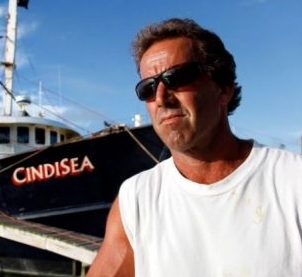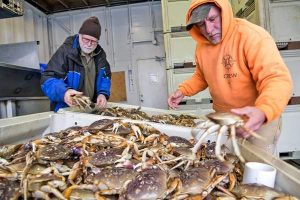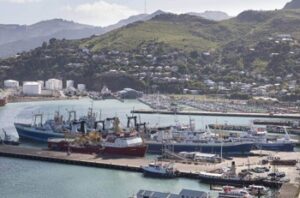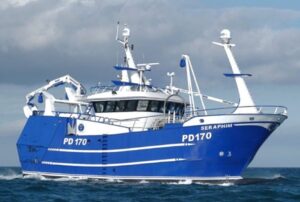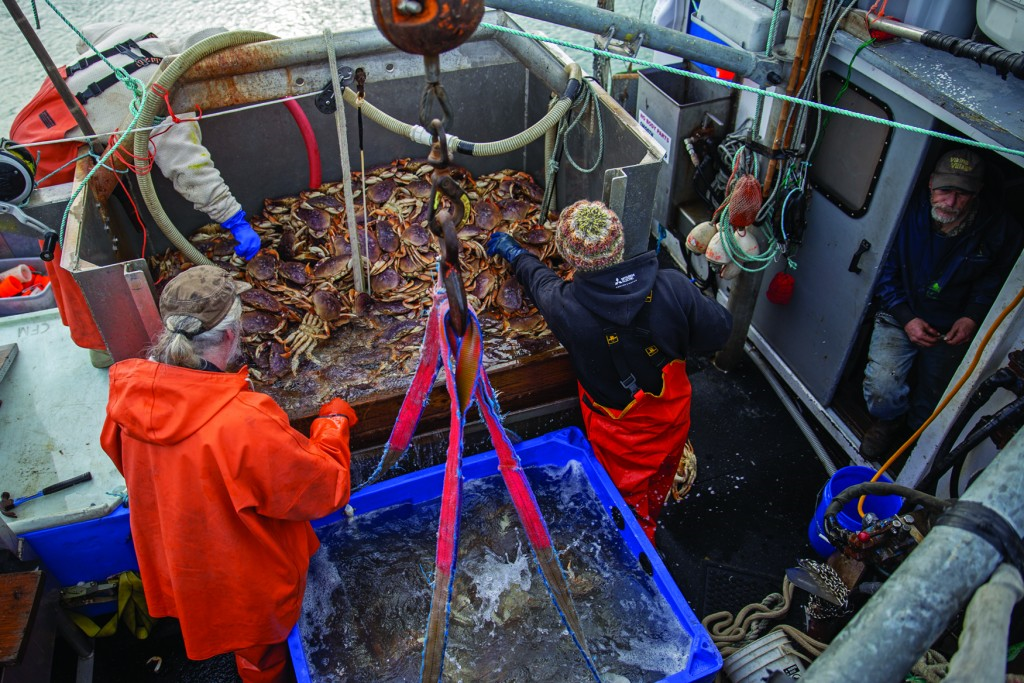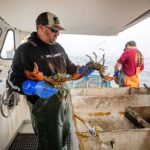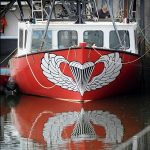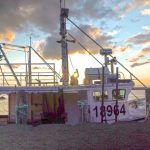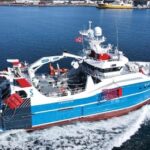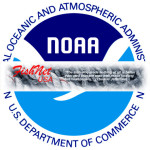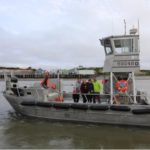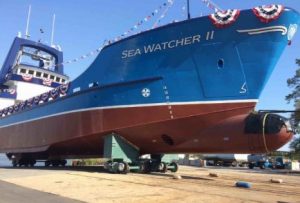Daily Archives: March 7, 2018
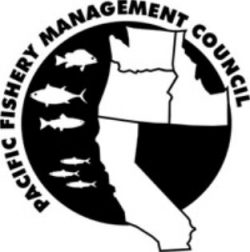
Pacific Fishery Management Council meeting in Rohnert Park, CA, March 8-14, 2018
The Pacific Fishery Management Council (Council) and its advisory bodies will meet March 8‐14, 2018 in Rohnert Park, California to address issues related to salmon, groundfish, ecosystem, highly migratory species, and Pacific halibut. Meeting Notice With Detailed Agenda (updated 02/14/2018)>click to read< Listen to the Meeting (GoToMeeting) >click here< (Enter the Webinar ID – The PFMC meetings 2017 Webinar ID is: 530-089-227, Please enter your email address (required) PFMC website>click here<19:32
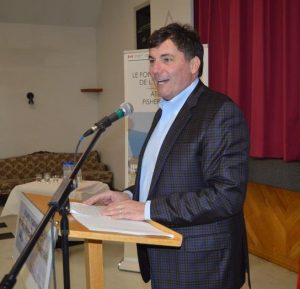
Federal fisheries minister refuses to reverse decision on surf clam licence
Federal Fisheries Minister Dominic LeBlanc has rejected calls to reverse his recent decision to award a multimillion-dollar Arctic surf clam fishing licence to a Nova Scotia company. LeBlanc says he understands there are hurt feelings among failed bidders, but he insisted the Cape Breton-based company and its Indigenous partners made the best case for Indigenous participation. The minister was responding to complaints from the Newfoundland and Labrador government and the Assembly of Nova Scotia Mi’kmaq chiefs. >click to read< 17:21
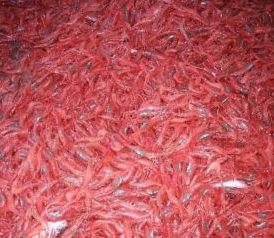
Minister should continue proportionate quota sharing approach with northern shrimp
An anticipated decrease in northern shrimp quotas in key shrimp fishing areas off Newfoundland and Labrador this year should result in the same proportionate quota sharing approach established last year, says the Canadian Association of Prawn Producers (CAPP). “Nobody likes to see a reduction in their quota, but in an area where the Total Allowable Catch (TAC) needs to be reduced, it is important that all fishers share these reductions in proportion to their share of the fishing quotas.” A major Northern Shrimp Advisory committee meeting is being held in Montreal today. >click to read<16:40
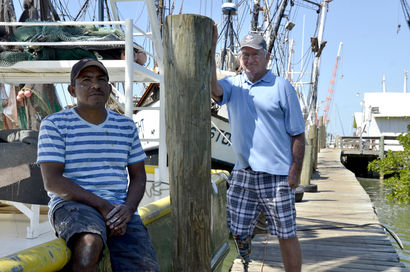
Portraits of the modern shrimper
San Carlos Island is home to one of the few remaining working waterfronts in Florida, and one of the last shrimping fleets in the country. The shrimping docks used to house hundreds of boats, but now, two businesses and a handful of independent fishers are left to sustain the industry. During a recent community visioning meeting, Lee County asked San Carlos Island stakeholders to discuss what made the island special – and almost every focus group said it was important to preserve and promote the commercial working waterfront, a piece of the county’s culture. >click to read< 15:31
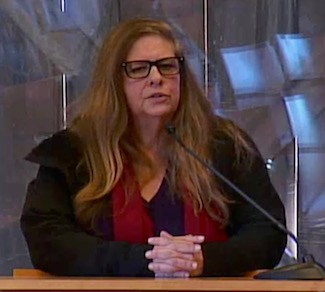
East Hampton Selects Captain Julie Evans to Represent Fisheries on Wind Farm Project
East Hampton Town’s Fisheries Committee has selected Captain Julie Evans, who has worked on commercial and charter boats out of Montauk for decades, to be the Fisheries Representative working for local fishermens’ interests with regard to Deepwater Wind’s proposed South Fork Wind Farm project off the coast of Montauk. Ms. Evans began fishing for striped bass commercially in 1975, but became a charter boat captain after the commercial striped bass fishery was put out of business by PCB contamination, she told the East Hampton Town Board at their March 6 meeting. She has also worked as a journalist and used her background in environmental science to help run ecotours.>click to read<14:54
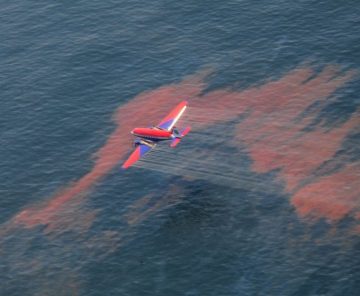
Coast Guard responders “harmed by chemicals used to clean up BP’s spill”
Sometimes, there is absolutely nothing worse than being proven right. It is the one thing you dreaded. Ever since the horrendous Deepwater Horizon spill in 2010, I and many others warned against using the toxic chemical called Corexit arguing that it would do more damage than good. The potential evidence of harm, or lack of evidence of its safety, was clear for everyone from BP to the US Government to see to if they had bothered to look. Nearly one million gallons of the dispersant was dropped by air and a further 770,000 gallons injected into the well head to try and disperse in excess of 200 million gallons of oil that was spilt by BP in the Gulf of Mexico. >click to read<13:21
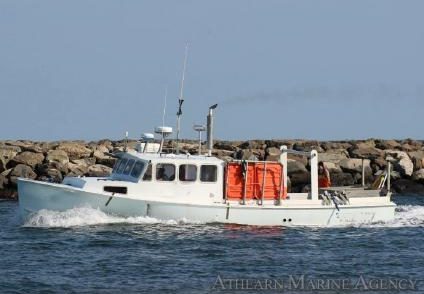
Athearn Marine Agency Boat of the Week: 44′ Young Bros. Gillnetter/Lobster Boat, 350HP, 6 Cylinder Volvo
Specifications, information and 18 photos >click here< To see all the boats in this series, >Click here<12:14
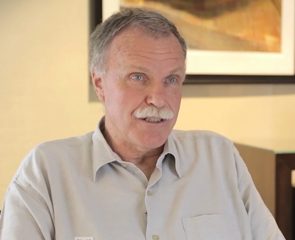
Ray Hilborn: New study provides no new information on global fishing footprint
University of Washington fisheries researcher Ray Hilborn said that a new study using satellite data from industrial fishing vessels to map global fishing effort fails to provide any new insight, despite media reports indicating otherwise. The study, published in Science in February, used messages transmitted between 2012 and 2016 from the automatic identification systems (AIS) of more than 70,000 industrial fishing vessels to create a global footprint, concluding that “industrial fishing occurs in over 55 percent of ocean area,” according to the abstract. But Hilborn said the vessels monitored for the study were in large part tuna boats over 100 feet, which have been monitored for decades. >click to read< 11:17
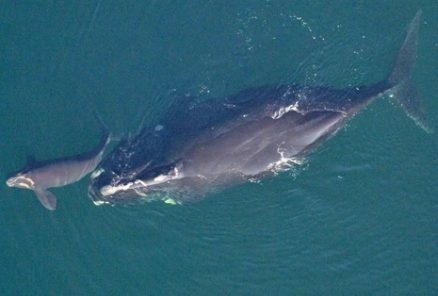
Gear is in wrong place for right whales, scientists say
Speaking at the Maine Fishermen’s Forum on Friday,,, The NOAA Fisheries Large Whale Take Reduction Team recently established separate working groups to study two proposals to reduce the risk of entanglement: splicing several 1,700-pound breaking strength “weak link” sleeves into vertical lines such as those that connect lobster buoys to traps; and removing those ropes altogether by requiring the use “ropeless” fishing gear. Those working groups will focus on whether either solution is technologically feasible, whether it will actually work for fishermen, and whether it can be cost effective for fishermen.,, >click to read<10:32
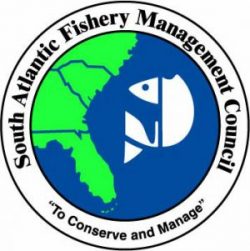
“We live and die by stock assessments,” – Fishermen seek more responsive regulations
“We live and die by stock assessments,” said Jimmy Hull, a commercial fisherman from Ormond Beach, Fla. His statement during an informal question-and-answer period held by the South Atlantic Fishery Management Council is part of an overall grievance a significant number of fishermen have with the fishery management process — that it’s not responsive to current conditions in fish stocks, and instead responding to conditions months or years earlier. >click to read< 08:46







